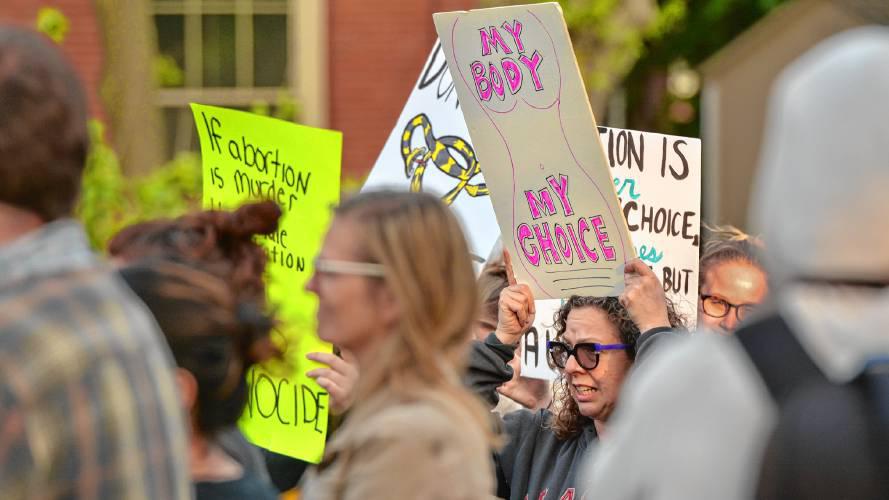Massachusetts Legislators Look to Expand Abortion Access: The ROE Act
In 1973, the US Supreme Court case, Roe v. Wade, declared that the Constitution of the United States would protect any pregnant woman and give her the right/constitutional liberty to abortion access. According to the Boston Globe, right after Amy Coney Barett’s confirmation to the Supreme Court, House Speaker Robert DeLeo and Senate President Karen Spilka announced in a joint statement: “We are very concerned that Massachusetts’ women’s reproductive rights are under threat at the national level. We are therefore committed to debate measures in the House and Senate this session that would remove barriers to women’s reproductive health options and protect the concepts enshrined in Roe v. Wade” (Boston.com).
Since the right to abortion is protected under state constitution, legislators in Massachusetts have been reviewing the ROE Act. This act would remove the existing barriers on abortion, including: age restrictions, limits on how far into the pregnancy the abortion procedure can be performed, waiting periods, financial burden, etc. The Act will essentially take away the major restrictions of Roe v. Wade.
The age that women can obtain an abortion currently is 18 years old without parental consent. The physician that performs the procedure must notify the parents if he/she is surgically inducing an abortion on a minor. Legislators have struggled with the decision of removing the age restriction. The ROE Act would allow girls as young as 12 to obtain an abortion with no legal restrictions. Not only would the Act remove parental consent, but it would legally protect a physician performing on a minor and allow doctor-patient confidentiality for females of any age. According to the Massachusetts Citizens for Life, it would also expand the license to perform abortions to not only doctors but nurses and midwives.
The ROE Act would also remove all time restrictions, including how far along a pregnant woman would have to be in order to obtain an abortion and the mandatory 24 hour waiting period before the procedure. Under current law, an abortion can be performed past 24 weeks only if the pregnancy would cause significant risk to the mother. Under the ROE Act, abortions past 24 weeks would be legal in case of a “lethal fetal diagnosis” (NARAL), meaning that if the baby’s health is in danger, the woman can have an abortion.
The ROE Act would essentially remove any restrictions to obtaining an abortion such as age of the mother, financial status, waiting periods, and the gestational age of the baby. As abortion is one of the most heavily contended issues of the day, it comes as no surprise that many have come out in support of and in protest of the ROE Act. Both Planned Parenthood and the pro-life organization Students for Life have requested that their supporters call or email their legislators asking them to vote for or against the act respectively. The ROE Act has passed in both the Massachusetts House of Representatives and Senate, meaning that the only thing that remains is whether or not Governor Charlie Baker (R) will veto the bill. News regarding the governor’s decision is expected to be released in the coming weeks.
Emma Judge ’22, Erika Torok ’22
22ejudge@montroseschool.org, 22etorok@montroseschool.org
















